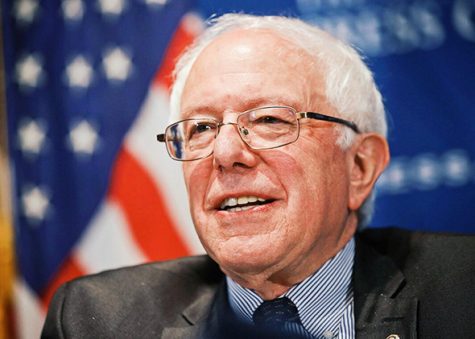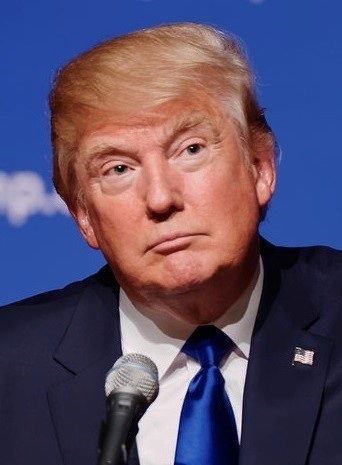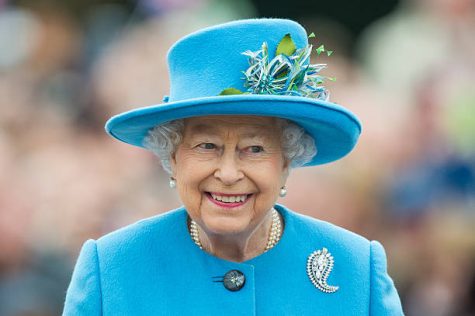The Presidential Candidates
The 2016 presidential race has been all over the news lately. From fierce debates over immigration and trade to complicated delegate math, this election has been full of drama and intense moments. Here is the background of what is going on in the election, to provide a foundation for those interested in delving deeper into the race.
Democratic Candidates
The two candidates remaining on the Democratic side are Vermont Senator Bernie Sanders, and Former First Lady and former Secretary of State Hillary Clinton.
Bernie Sanders, a self-described “democratic socialist,” has won a total of 1,488 delegates, not including super delegates, or delegates not tied to the votes of a territory, an institution controversial and unique to the democratic party. He is running on unique basis of funds only from individual donors, not from super PACs, which are large groups of donors that are able to accept donations from corporations, unlike individual candidates. One major issue in which he differs from Hillary Clinton is the allotment of super PACs. Other aspects of Sanders’ platform include a focus on the implementation of socialized healthcare, eliminating costs for state colleges and raising the minimum wage to a living wage, or a wage large enough for individuals to live on independently. He is also in favor of restricting free trade, which, in practice, would mean adding tariffs on foreign-made goods to promote domestic products.

Hillary Clinton, the other Democratic candidate, holds 1,767 delegates (not including super delegates) and is favored to win with a majority of superdelegates. Clinton holds similar views to Sanders’, but to a more moderate extent. She is also in favor of raising the minimum wage, but not to a living wage. She holds a pro-free trade view, but is against the Trans-Pacific Partnership (TPP), a new agreement between the U.S. and Asian countries that is similar to NAFTA, a union of North American countries who have limited economic restrictions. Additionally, Clinton supports expanding Obamacare, but is not in favor of full health care reform to the point of socialized healthcare as Sanders is. Sanders and she are both in favor of no debt for college students; however, Clinton does not believe that fully free college is economically possible.

Republican Candidates
As both Senator Ted Cruz and Governor John Kasich have suspended their campaigns, the sole remaining Republican candidate and presumptive nominee is businessman Donald Trump. Trump has become well-known for his fierce opposition to undocumented immigrants and his promises to “Make America Great Again” through lowered taxation and the return of American jobs. He is in favor of limiting free trade, including imposing tariffs on Asian imports, in particular threatening a 45% tariff on all Chinese goods. He also is against the U.S. “taking sides” with Israel, but has also called for an increase of U.S. support for Israel, making his position on the issue vague. At the time of this article’s publication, Trump has secured 1,161 delegates, and with no other Republican candidates, he is the presumptive nominee.







bob • Jun 2, 2016 at 10:22 am
how, just how